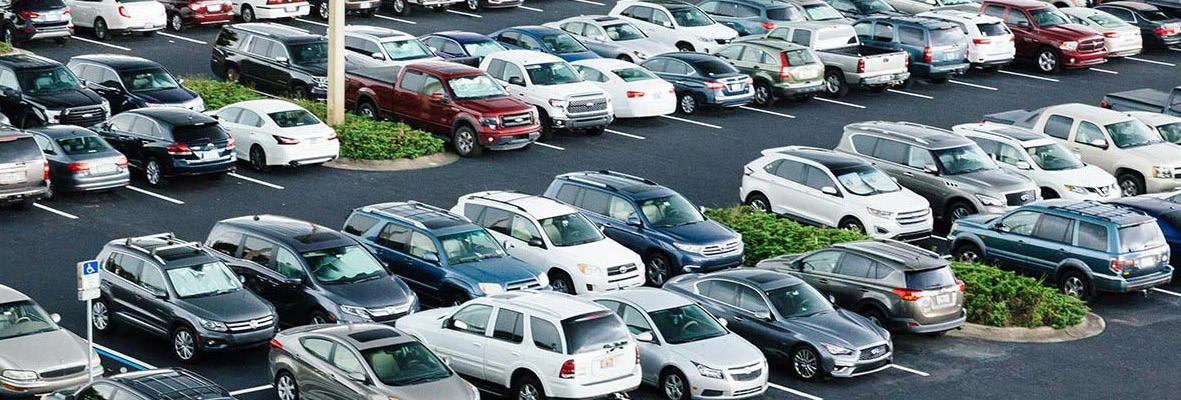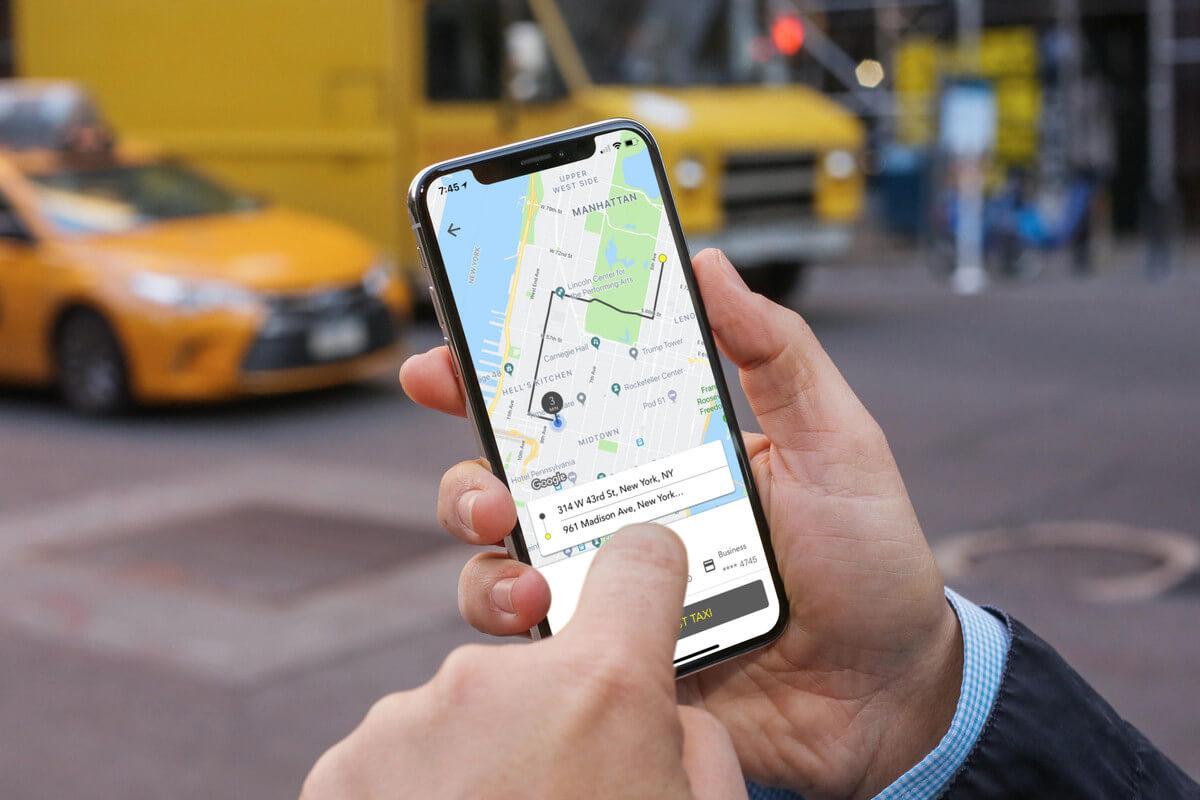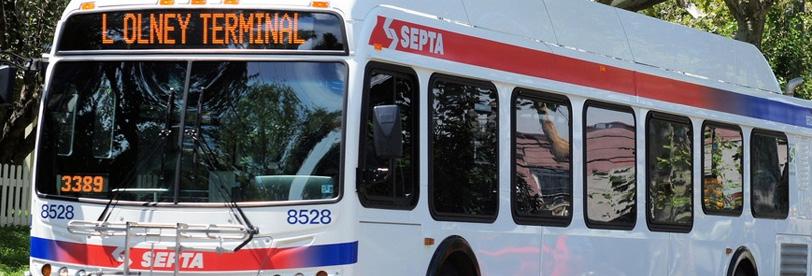OPERATIONS AND MAINTENANCE ARE INSUFFICENT Across the United States, public transportation has focused on the creation of new infrastructure as opposed to improvements, maintenance and the frequency, reliability and speed of transit service. The sorry state of public transit in the United States has worsened social mobility and further exacerbated class divides. Public transportation has been stigmatized and under funded ensuring that service is not fast, efficient, or frequent. How can we envision a Green New Deal for Transportation that makes public transit a more reliable, efficient, and fast form of transportation? Frequency and passenger perception of public transport unreliability pose the biggest barriers to public transportation ridership. As renowned transit consultant, Jarret Walker says, “frequency is freedom.” The difference between transit that runs every thirty minutes and one that runs every 10 minutes means the difference between planning your life around a transit schedule and one in which you can make a spontaneous decision to leave. According to a study conducted by researchers at the University of California, Berkeley, the strongest influence on transit use reduction comes from experiencing delays
due to operational problems.15 Late buses, overcrowded vehicles, and missed transfers count as unreliable in the eyes of transit users. Even infrequently scheduled service may be perceived as unreliable by passengers, even if vehicles are operating on time, simply due to the large gaps between departures and passengers’ lack of knowledge of the scheduled frequency. 16 Infrequent transit hurts the most vulnerable in society and reduces the opportunity for social mobility. When we discuss the implications of a Green New Deal for Transportation, we must consider a systems-thinking approach and that means thinking about the importance of equity in how our public transportation system is set up. According to Harvard’s Equality of Opportunity project, a long commute is one of the biggest barriers to escaping poverty.17 When many public agencies that deliver transit service are run by board members who never use their own service, the hypocrisy is not lost on anyone, that outdated stereotypes and antiquated ideas take precedence when planning for transportation in the United States. Philadelphia, Pennsylvania, one of the poorest large cities in the country and a majority minority city, falls victim to this trend as well, with only one board member 12







